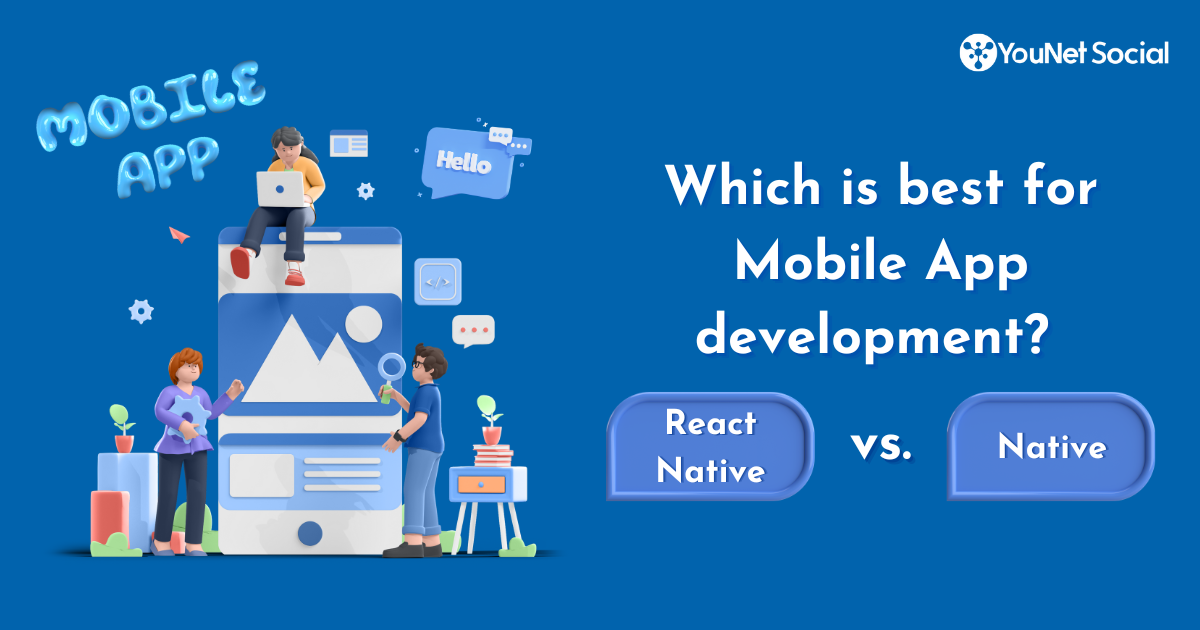

In the realm of education app development and eLearning strategies, the concept of social features in online learning has emerged as a transformative force, reshaping the acquisition of knowledge and skills. As technology continues to revolutionize education, eLearning apps/platforms have become pivotal, offering flexibility, accessibility, and personalized learning experiences. Yet, to unlock their full potential, integrating social learning strategies is essential.
Social features in eLearning transcend traditional instruction methods, fostering active participation, knowledge sharing, and collaboration among learners. Through features such as discussion forums, chat functionality, collaborative projects, and knowledge-sharing communities, students harness the collective intelligence of their peers, exchanging ideas, seeking answers, and building upon shared knowledge.
In this article, we delve into the profound impact of social features in online learning exploring strategies and best practices for seamlessly integrating social learning features that enhance the educational journey.
Why Should We Add Social Features to the eLearning Platform?
Integrating social learning into eLearning apps brings forth numerous benefits and significantly enhances the educational experience. Here are the key reasons why integrating social features is crucial in the context of eLearning and education platform development:
1. Enhanced Engagement and Motivation:
Social learning strategies promote active participation, collaboration, and peer interaction, fostering engagement and motivation among learners. Discussions, group projects, and knowledge sharing create a dynamic learning environment where learners feel more invested and involved in their studies.


2. Increased Interactivity and Personalization
Social learning features enable personalized and adaptive learning experiences tailored to individual learner preferences and needs. Learners can connect with others who share similar interests, form study groups, and access relevant resources based on their unique learning styles, promoting self-directed and self-paced learning journeys.
3. Continuous Learning and Knowledge Sharing
Social learning fosters a culture of lifelong learning by encouraging learners to explore new ideas, seek feedback, and share knowledge with others. Through ongoing interactions and collaborations, learners can expand their horizons beyond the confines of traditional classroom settings, keeping them engaged and motivated to pursue knowledge.
4. Peer Learning and Support
Social learning leverages the collective intelligence of peers, allowing learners to benefit from each other’s insights, experiences, and expertise. Collaborative projects, peer feedback, and mentorship opportunities create a supportive learning community where learners can learn from one another and receive valuable support and encouragement.
Essential Social Learning Features for eLearning Platforms
When integrating social learning strategies into eLearning apps, specific features can greatly enhance the learning experience and promote collaboration. Here are seven important features to consider:
– Discussion Forums: Dedicated spaces for meaningful discussions, questions, insights, and collaboration among learners, providing a platform for sharing ideas and perspectives.
– Virtual Classrooms and Webinars: Interactive environments for live instruction, Q&A sessions, and guest lectures, offering learners opportunities for real-time engagement with instructors or subject matter experts, enhancing their learning experiences with interactive and immersive elements.


– Real-Time Chat Functionality: Instant communication channels for quick clarification of doubts, group discussions, and peer-to-peer interaction, fostering a sense of connectedness and camaraderie among learners.
– Knowledge-Sharing Communities: Virtual hubs for sharing valuable resources, articles, or insights related to course content, enabling learners to explore additional materials and perspectives beyond the curriculum.
– Social Media Integration: Seamless integration with social media platforms to allow learners to connect their eLearning profiles with their social networks, facilitating the sharing of achievements, collaboration with peers, and leveraging social connections for learning and knowledge exchange.


– Gamification Elements: Incorporation of gamified features such as badges, points, leaderboards, and challenges to motivate learners, drive engagement, and reinforce learning objectives, making the learning process more enjoyable and rewarding.
Conclusion
In the evolving landscape of education development, social learning shines. By integrating social features into online learning, we create vibrant virtual environments fostering deeper understanding and peer support. Looking ahead, social learning empowers active participation and connection, shaping a brighter future for education.
We at YNS specialize in social features development that can transform your business operations. Our team of experienced consultants at Younet Social can help you to pinpoint your business requirements and seamlessly implement the features tailored precisely to meet your needs. Let’s connect with us and experience the YNS difference in transforming your business processes.



